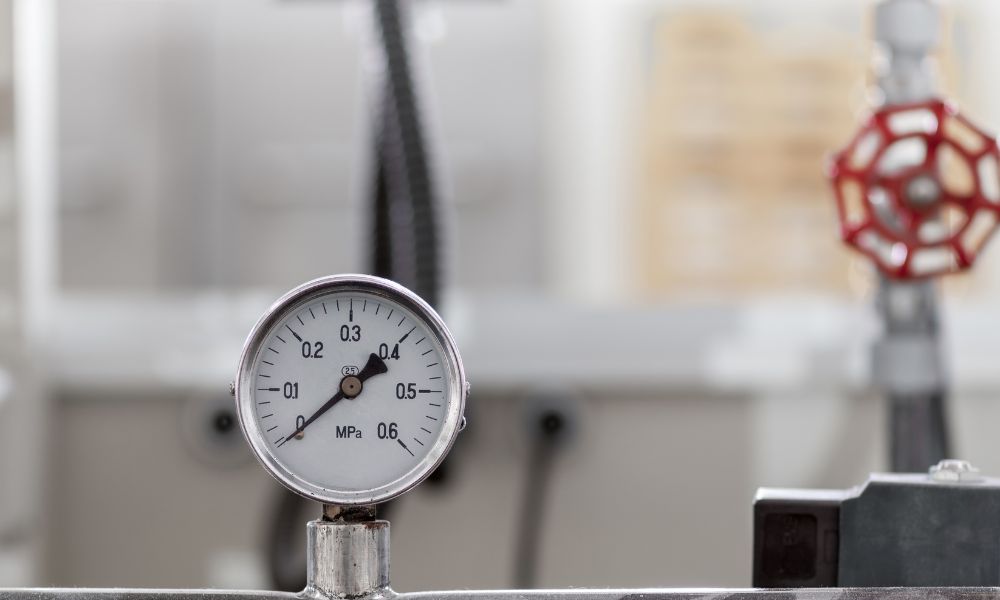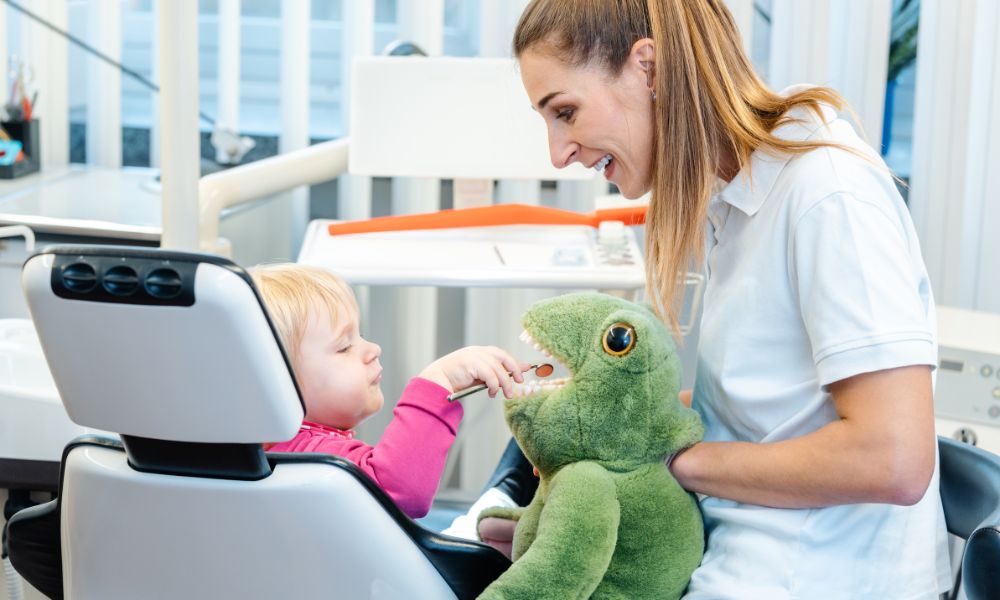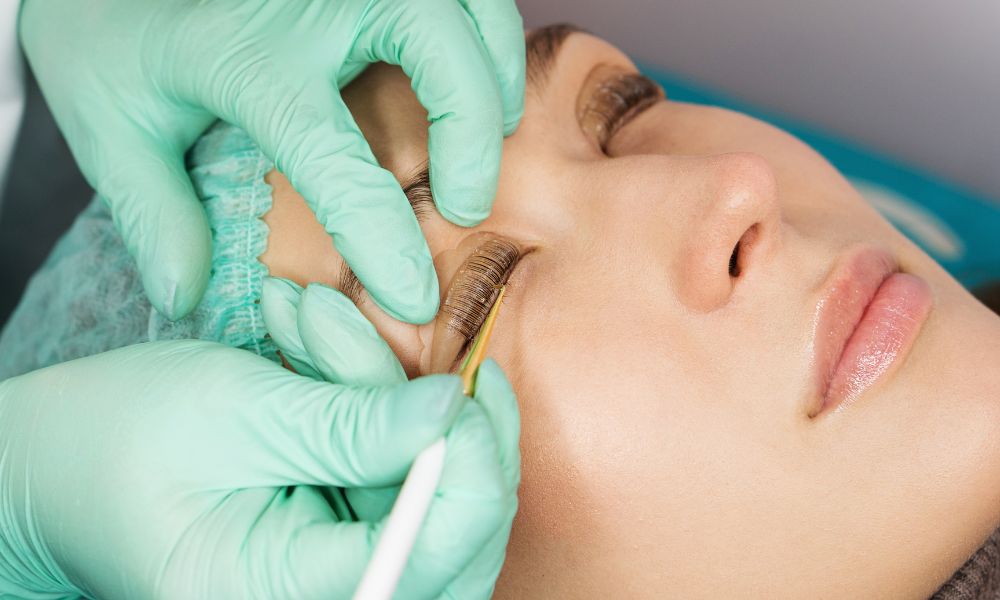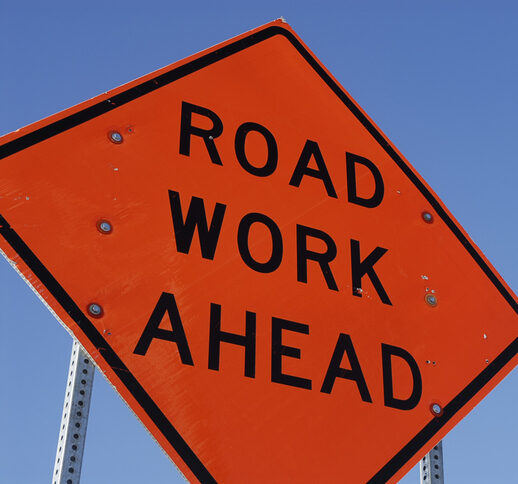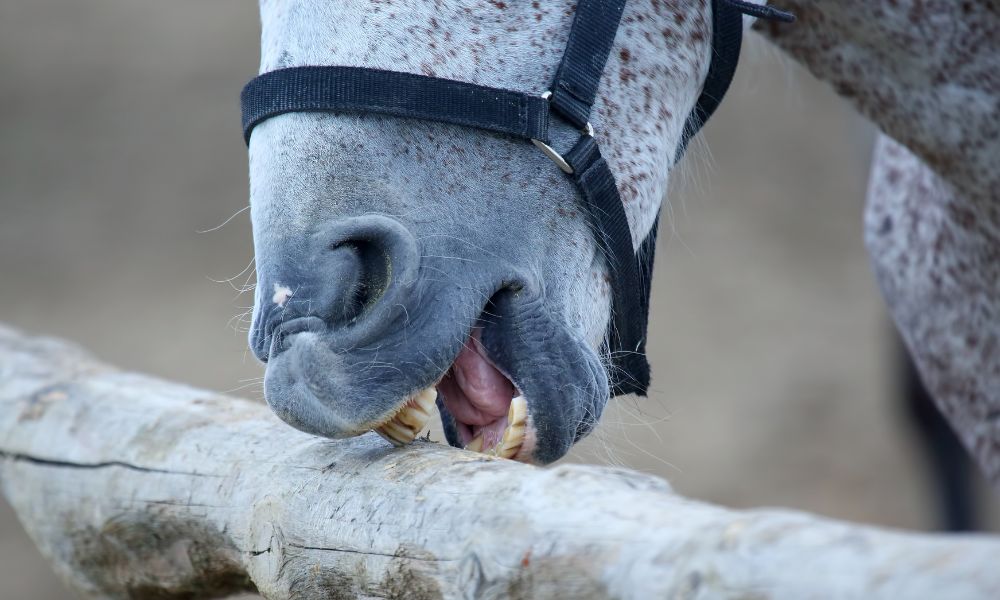
Few living creatures on this planet enjoy dental care, but it is essential to remain healthy. Many horse owners may not have their horse’s gums and teeth at the forefront of their minds. Understanding why dental care is important for your horse shows how critical it is for its health.
Prevents Diseases
Dental disease is a cause of discomfort and illness; if undiscovered or ignored, it may impact your horse’s overall health. Annual examinations by an informed, certified veterinarian will aid in the early detection of dental disease and other health issues before they jeopardize your horse’s welfare. These screenings make it much simpler to detect and treat oral disorders in their earliest stages, averting more serious and expensive issues in the future.
A horse’s first dental exam can happen as young as three months old. The foal should receive two checkups yearly until they are five years old. Adult horses in good health should have a dental checkup once a year. Elder equines over 20 years old should revert to the bi-yearly regimen, especially if they have a history of dental issues.
Regulates Their Weight
People should visit the dentist for their annual teeth cleaning. While many of us may put that off, it’s imperative you don’t have that same energy for your horse.
Floating your horse’s teeth is the equine version of teeth cleaning. Since a horse’s teeth never stop growing, a veterinarian must continuously file them down. Fortunately, horse teeth lack nerves, so floating is not as traumatic as it looks.
Nevertheless, veterinarians often tranquilize the horse before beginning procedures. Otherwise, your horse may throw its head, causing damage to its mouth. Given that a horse’s teeth grow around 1/8 inch every year, you should strive to float them annualy.
Horses chew with a side-to-side movement, so their teeth may not wear equally. Equine dentistry is vital for helping them chew effectively. If you notice a dramatic weight loss, it’s a telltale sign your horse is due for floating.
Tempers Their Behavior
A toothache is in the upper echelon of pains no human ever wants to experience. If you’ve ever had an abscessed tooth, you might have become more temperamental as the pain worsened. Horses react the same way when they have an infected tooth, causing them to act abnormally.
Infections may be plentiful without proper dental care, and horses might be irritable as a result. However, with consistent dental care, vets can spot the warning signs of an abscessed tooth. Treating the tooth before it becomes a severe problem is a win for you and your horse.
Learning why dental care is important for your horse illustrates why you can never overlook this crucial part of equine health. Teeth issues could lead to a multitude of additional problems that are more challenging to overcome when a dental examination could have prevented it all.

